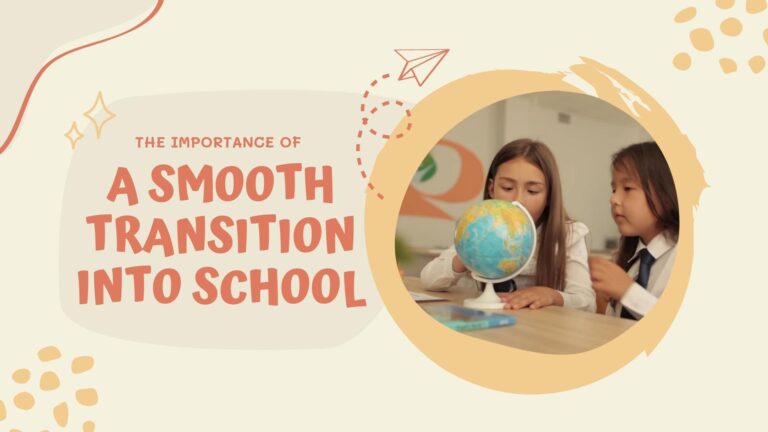The Importance of Outdoor Play for Young Children
The team at Little Pioneers, Godwin Street, Forster, understand how essential outdoor play is for the overall development and well-being of young children. It offers a multitude of benefits that support physical, cognitive, social, and emotional growth. We at Little Pioneers list some of the key reasons why outdoor play is important for young children:
Physical Health
Outdoor play provides opportunities for children to engage in physical activities such as running, jumping, climbing, and playing games. These activities help develop gross motor skills, improve coordination, strengthen muscles, and enhance cardiovascular health.
Sensory Stimulation
The outdoor environment offers a rich sensory experience for children, with opportunities to see, hear, smell, touch, and sometimes taste different elements of nature. This sensory stimulation is essential for brain development and sensory integration.
Vitamin D Absorption
Exposure to natural sunlight helps children absorb vitamin D, which is important for bone health, immune function, and overall well-being. Spending time outdoors can help prevent vitamin D deficiency and related health issues.
Cognitive Development
Outdoor play stimulates curiosity, creativity, and imagination. Children have the freedom to explore, discover, and problem-solve in natural environments, which supports cognitive development and enhances learning.
Emotional Well-Being
Outdoor play has a positive impact on children’s emotional health. It provides opportunities for stress relief, relaxation, and emotional regulation. Nature has a calming effect on children, helping them feel more peaceful and content.
Social Skills
Outdoor play encourages social interaction, cooperation, and communication among children. It offers opportunities for collaboration, negotiation, and conflict resolution, which are essential social skills that children develop through play.
Risk Management Skills
Outdoor play often involves a degree of risk-taking, such as climbing trees or balancing on uneven surfaces. This helps children learn to assess risks, make decisions, and develop confidence in their abilities.
Appreciation for Nature
Spending time outdoors helps children develop a sense of respect, appreciation, and stewardship for the natural world. This connection to nature is important for fostering environmental awareness and sustainability.
Healthy Habits
Engaging in outdoor play from a young age promotes a lifelong appreciation for physical activity and healthy habits. Children who play outdoors regularly are more likely to continue these habits into adulthood, reducing the risk of obesity and related health issues.
Enhanced Learning Opportunities
Outdoor environments offer diverse learning opportunities that are not available indoors. Children can explore concepts such as biology, ecology, physics, and geography through hands-on experiences in nature.
Overall, outdoor play is crucial for young children’s development, providing a holistic approach to learning and growth. It offers numerous physical, cognitive, social, and emotional benefits that contribute to their overall well-being and development.
Encouraging and facilitating outdoor play is therefore essential to the team at Little Pioneers, Godwin Street, Forster, for supporting children’s healthy development.







